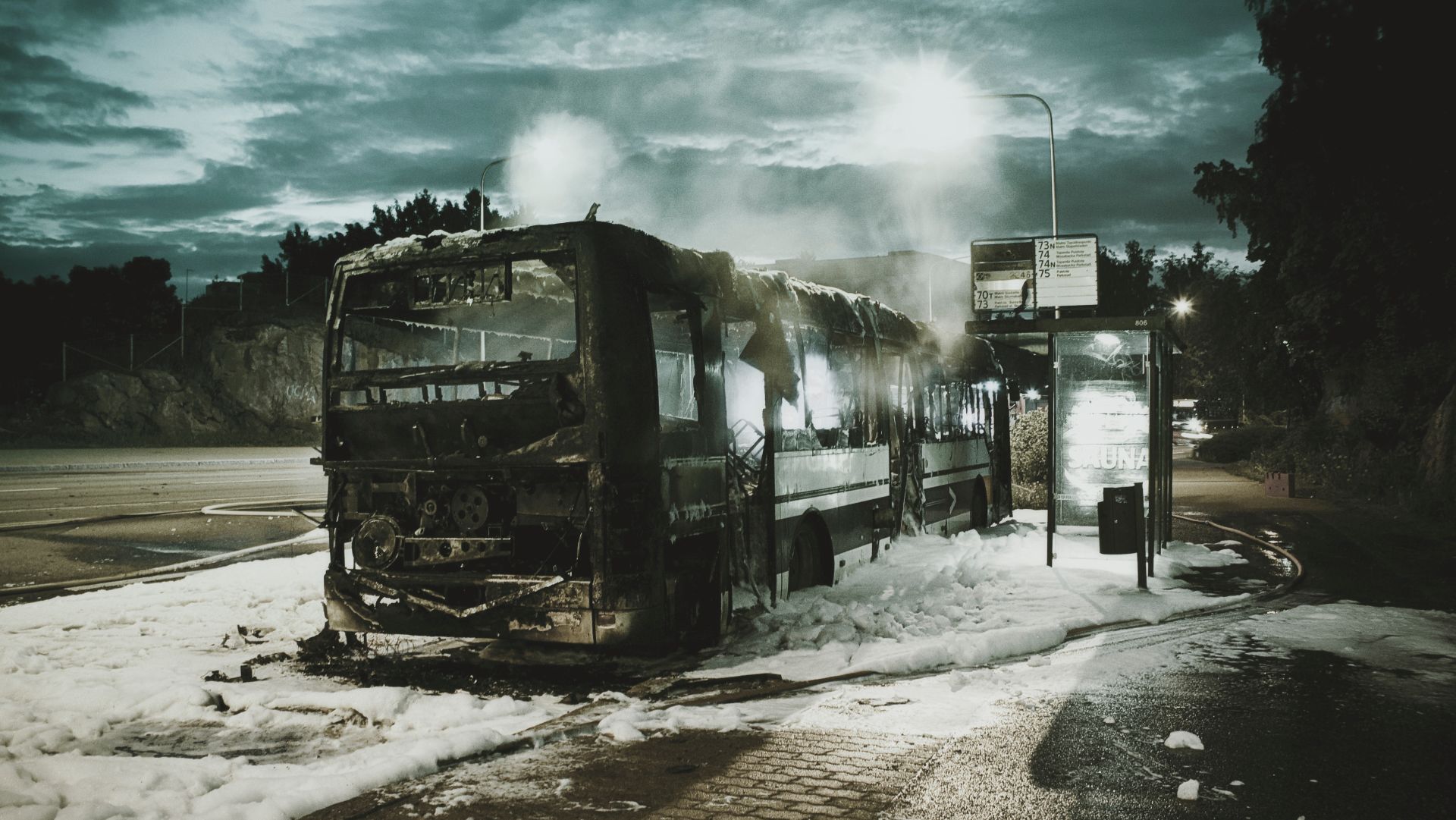One Sunday during March 1965, the worship service at our church in Baltimore, MD got out early. Great, I thought. That gives me more time to play with my friends in the church yard. At 14 years old that was a main focus of Sunday mornings. I had spent eight years developing some great friendships in this church.
I did think it was unusual. We typically did not get out early. My father, the pastor, was very time conscience and would preach until five minutes before Noon. This time he had stopped at 11:40 a.m. But, that was not a problem for me.
As I was playing with friends, I was approached by a man in the church calling my name as he walked in my direction. “Oh no,” was my first thought. “What have I done now?” If anything was wrong with what we were doing, I was always the one singled out because I was the pastor’s son.
“George, something is wrong with you father. I think he is sick. He is in his office. You better go check him out.” I began running.
When I arrived at my father’s office, I saw him sitting in the chair behind his desk crying. My mother was at his side. Several deacons and other leaders of the congregation were also in the room.
It turns out my father was preaching, had a panic attack, stopped, offered a traditional invitation, sang one verse of a hymn, pronounced the benediction, and then turned around and went to his office to cry.
He had experienced a burnout incident right in front of the congregation. He had been unable to prevent it. The closest thing to burnout we knew to call what happened is that he had a nervous breakdown.
The following Tuesday my father left home for seven weeks. He had to get away from the pressure he was feeling in this stressful ministry setting.
He went to our home state—North Carolina. He visited the Baptist hospital there, had a complete physical, had a psychological evaluation, received some anxiety medicine, and stayed nearby for regular counseling. He also visited friends and relatives around North Carolina.
It was a very anxious time for my mother—and for me. We did not know when Dad would come home. We did not know what shape he would be in. At my age, I did not understand a lot of it. I probably caused my mother additional stress beyond what she was already feeling as I tried to cope with this experience.
The external presenting issue for my father that led to his burnout is that this congregation was the first ministry setting that had not made great progress under his leadership. He tried everything he knew to do, and nothing was working. The congregation was going backward numerically, and the people were not spiritually maturing in a manner that met my father’s expectations.
Also, two months before his burnout incident, my father’s first grandchild had been born. He was not prepared to be a grandfather as that seemed like something old people experienced. He was only 53 years old, which is certainly old enough to be a grandfather.
Dad did finally come home. We were so glad to see him. He resumed preaching and engaging in other responsibilities as a pastor. However, he knew he needed a fresh start. He needed a different type of challenge.
 This was not a fairy tale where everything turned out fine once Dad got home. He was still stressed. This did not last days, weeks, or months. It lasted several years. It was three years before Dad could preach again without medication to help him deal with his anxiety, and the fear of another panic attack while preaching.
This was not a fairy tale where everything turned out fine once Dad got home. He was still stressed. This did not last days, weeks, or months. It lasted several years. It was three years before Dad could preach again without medication to help him deal with his anxiety, and the fear of another panic attack while preaching.
Four months after my father returned home, we moved to Philadelphia, PA where my parents went to start new churches as Southern Baptist missionaries. This was the new start Dad needed. Long-term it led to the most fulfilling 13 years of my father’s ministry. During this time, he became a regional denominational executive director and served a term as second vice-president of the Southern Baptist Convention.
My father was not the only one in our family impacted by his burnout. I had two married sisters. One lived in Baltimore and the other in North Carolina. The sister in Baltimore was invaluable to my mother during the seven weeks my father was gone. She also worried a lot about what would happen to Mother, Dad, and me.
The younger of the two sisters did not have primary experiences with the rest of our family during Dad’s burnout and the several years afterward. She defended Dad and felt the rest of us were being hard on him. It was difficult for her to understand the slow pace of the healing process because Dad seemed fine to her.
My mother was a spiritual rock. That does not mean she did not worry. She prayed a lot. She cried a lot. She counted on me. I did not always know how best to respond. She stayed on the telephone talking to our network about other ministry possibilities for Dad.
I thought through what I might have done that caused my father to burnout. I was in 10th grade, and it was my first and only year in a large downtown high school with major cultural and academic challenges. I had extremely low grades that year and worried I would not pass 10th grade. In a way, I was having my own crisis, but I was unable to fully express it because the focus needed to be on my father.
Moving to Philadelphia was a new beginning each of us needed. My personal challenges disappeared in a new environment. Dad’s emotional and spiritual health slowly came back.
Did my father become an ex-pastor? In a way. In retirement, after 13 years in Pennsylvania, he became a pastor again. That is when the final healing took place. I will save that story for another post. Let’s call it—Is There Ministry After Burnout?
**********************************************************************************************************
George serves as President and Strategic Leadership Coach for The Columbia Partnership Inc. [TCP], based in Columbia, SC which seeks to transform the capacity of the North American Church to pursue and sustain vital Christ-centered ministry.

